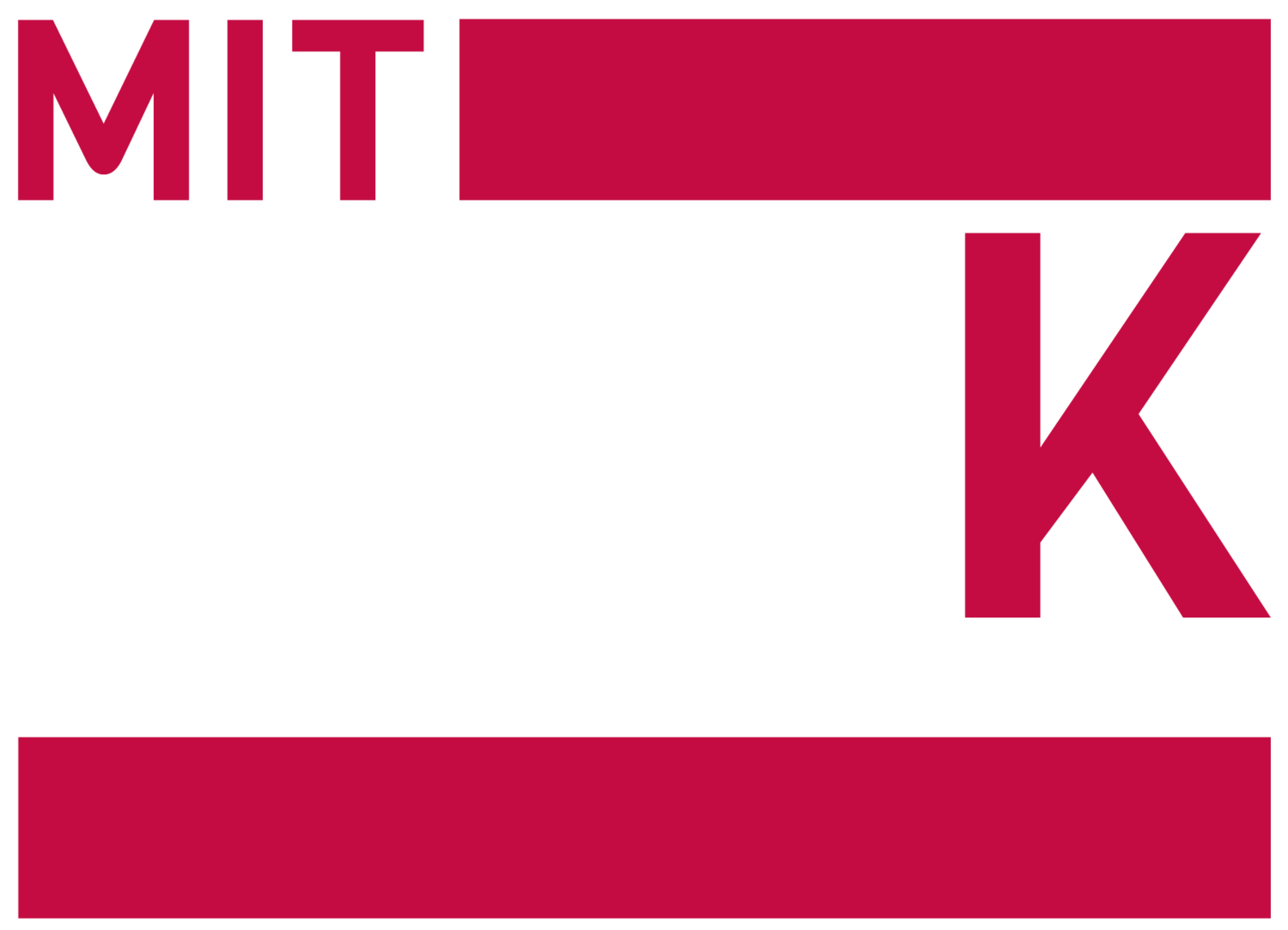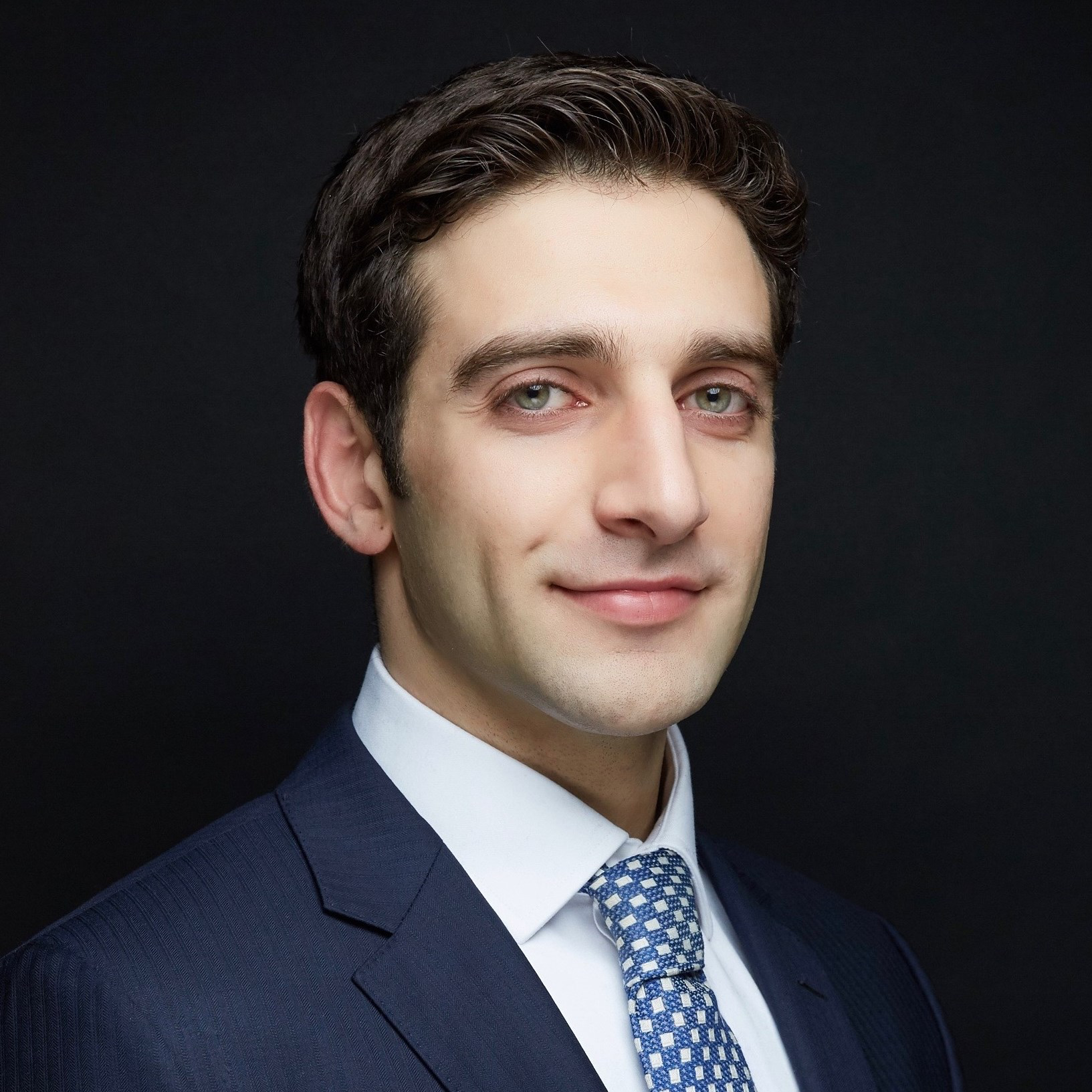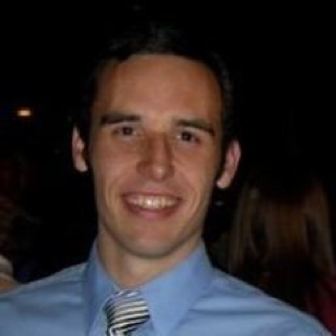Who's on your team?
Dr Louwai Muhammed obtained his undergraduate degree with a major in Neuroscience from Cambridge University (UK). He then completed his Medical Degree at Oxford University (UK) before spending 2 years working as a medical resident in London. His main focus has been on academic neurology research at The Queen Square National Institute for Neurology in London. Louwai is now completing a Master's degree at Harvard University on a British Kennedy Scholarship.
Mr Matthew Carey completed his first undergraduate degree in Electrical and Computer Engineering and a second undergraduate degree in Robotic Engineering at Worcester Polytechnic Institute. He then obtained a Master's degree in Computer Systems from Northeastern University. He has worked at several startups (including ReThink Robotics and Humatics), as well as running a research and development program with a Fortune 500 company for several years. Matthew is currently a candidate in the MIT Sloan MBA program, graduating in 2017.
What problem are you trying to solve?
We are lowering the costs associated with the electrophysiological diagnosis of Carpal Tunnel Syndrome (CTS). CTS is a very common disease that occurs when a key nerve of the hand becomes trapped at the wrist. It is often diagnosed in the United Stated by using expensive electrical tests, but we hope to improve access to these neurophysiological tests for patients in developing countries. This will allow more patients to receive curative treatment and prevent the disease from progressing to a debilitating loss of hand function.
What is your solution?
We have developed a low-cost and automated nerve conduction sleeve for the diagnosis of Carpal Tunnel Syndrome. The device uses electrical impulses to assess the function of the nerves in the upper limb. It can be used with minimal training, is highly specific, and extracts electrical nerve data with a high signal-to-noise ratio.
What inspired you to start your company?
While Louwai was working as a medical resident, he saw a patient in London who had arrived from a developing country and was complaining of very weak hands. He found it extremely difficult to use his hands for even simple tasks due to severe wasting of the muscles around his thumb. After several tests, it was confirmed that this wasting was the result of carpal tunnel syndrome that had gone undiagnosed for many years. The next day, Louwai sketched out a method to combine a sequence of electrical tests into an automated device that could detect carpal tunnel syndrome with high specificity and for a low-cost. Louwai and Matt subsequently met in a class at MIT several months later, and Louwai happened to mention the idea to Matt outside Kendall/MIT T-Station. They quickly realized that their combined backgrounds were perfectly suited to making this device a reality, and so they entered the design into the MIT $100k Accelerate competition. Many late nights and pizza boxes later, they were awarded the grand prize at the MIT Accelerate Competition in February, which inspired them to develop an updated prototype. They hope that this design will allow patients in remote locations to be screened for carpal tunnel syndrome without the need for specialists.
What's been the most surprising aspect of this process?
We were so pleased by how helpful everyone has been in guiding us through the process and giving us advice. We are both new to the medical device space and only started the venture in December 2016, so it is great to see so many people eager to help entrepreneurs in the very early stages.
What’s been the most valuable piece of advice you’ve received?
It really is true that rapid prototyping and fast iteration is vital. When developing any technology, you should aim to produce a minimal viable product as quickly as possible so that you can test and validate both the product and market need. This massively speeds up the learning process and helps you get something useful out there in the shortest possible time.
What are you most looking forward to for the Launch finals?
The chance to present on stage at the Kresge Auditorium and take part in an event that has been part of MIT's culture and history for so many years.


